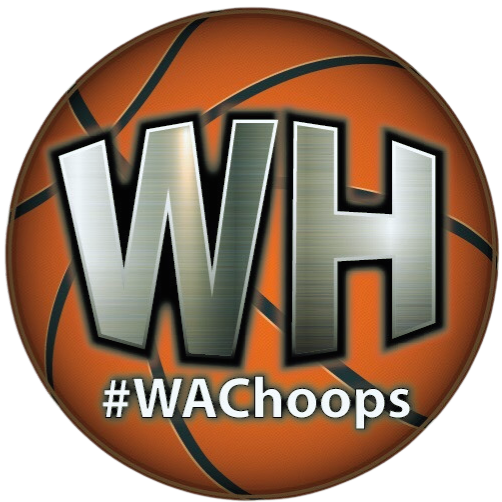WAC Resume Seeding System Explained
KenPom gives more clarification new seeding system.
The WAC resume seeding system is quite the hot topic now that the NET rankings are in play.
When the NET rankings were posted for the first time on Dec. 5, it gave fans something to look forward to on a daily basis.
‘Where is my team ranked?’ ‘My team deserves to be ranked higher.’ ‘How come we aren’t ranked higher even though we have more wins?’
These are just some of the questions I have received and I have seen on Twitter or through other messaging platforms.
They are good questions. Especially for schools in the Western Athletic Conference. This is because seeding the conference tournament is heavily dependent on NET rankings. That is, on NET rankings of opponents and not their own NET ranking.
Per Ken Pomeroy, who came up with the algorithm requested by WAC commissioner Brian Thornton and associate commissioner Drew Speraw, ‘all points are based on the current NET.’
So, in the case of Sam Houston, the Bearkats are rooting for Oklahoma and Utah to play well in their respective conferences. Because as the Sooners and Utes play well, it helps Sam Houston in terms of the WAC resume seeding system.
Just look at the response from Pomeroy below when asked for some clarification.
As you can see, there are some variables here. But, it gives a better picture of what we are looking at. Pomeroy also added some more information to the Twitter thread.
Here is some more clarification on this system.
The algorithm is based on how difficult it is for the 150th-ranked team to win a specific game. And that is where the sliding scale comes into play. Per Drew Speraw, the most even game out there is if you play the 150th-ranked team on a neutral site. It is worth half a point either direction.
In this system, it is more valuable to win on the road. Let’s take UTRGV for example. In its road loss at Texas A&M-Corpus Christi in November, UTRGV lost .47 points. Had the Vaqueros beat the Islanders in that road game, UTRGV would have earned .53 points, which equals the value of 1.
Now, using UTRGV and Texas A&M-Corpus Christi again. The Vaqueros beat the Islanders in Edinburg and the win was worth .32 points. Had UTRGV lost the home game, the Vaqueros would have lost .78 points.
Simply put, wins on the road are more valuable than winning at home.
In the Quad system that the NET rankings are based off, beating No. 30 at home is equivalent to beating No. 75 on the road. Just look at how the Quad system is broken down.
Quadrant 1: Home 1-30, Neutral 1-50, Away 1-75
Quadrant 2: Home 31-75, Neutral 51-100, Away 76-135
Quadrant 3: Home 76-160, Neutral 101-200, Away 135-240
Quadrant 4: Home 161-353, Neutral 201-353, Away 241-353
Basically, each sliding scale is different depending on the location of the game.
As another example, let’s look at Utah Valley. The Wolverines beat Northern Arizona in Orem in November. The reward was .19 points earned. Had the Wolverines lost, it would have been a significant knock as they would have lost .81 points.
When the Wolverines beat NAU in Flagstaff a week ago, Utah Valley earned .37 points. As you can see, because Northern Arizona has a NET ranking of 262, a win doesn’t earn significant points. Meanwhile, a loss would have been a huge hit on Utah Valley’s spot in the seeding system.

New Mexico State is another one. The loss at UTEP in November was worth -.48 points. Had the Aggies beat the Miners in that first matchup on the road in El Paso, the Aggies would have earned .52 points. In the win at the Pan Am Center in the rematch, New Mexico State earned .31 points while a loss, because of UTEP’s NET ranking, would have cost the Aggies almost seven tenths of a point.
This system will be intriguing to watch in WAC play, especially in the case where teams play each other twice. Unfortunately, with 13 members, not everyone is able to play each other twice.
Just remember, winning on the road is worth more than winning at home and a home loss hurts much more than a road loss. Plain and simple.
That is why rooting for WAC schools to win any and every game in the non-conference slate should be the focus for fans all around the league. The better opponents do, the better off your team is in the WAC resume seeding system.



